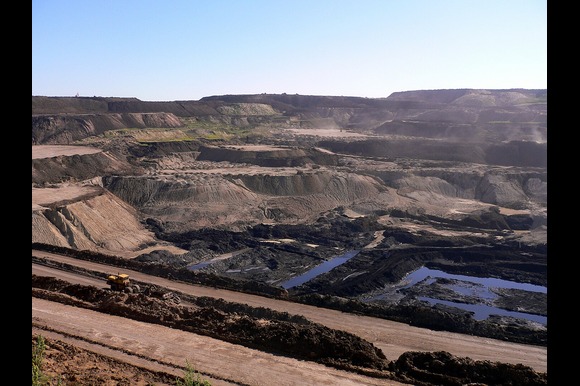The United States government has expressed confidence that China will delay the implementation of its tightened rare earth export controls, a move seen as a significant step toward easing trade tensions between the two countries as they edge closer to a comprehensive deal.
US Treasury Secretary Scott Bessent said during a series of media interviews that Beijing had agreed in principle to postpone restrictions on the export of rare earth minerals for at least a year while discussions continue. The decision, he said, reflects a “constructive spirit” in the ongoing negotiations and helps pave the way for a broader US–China trade agreement expected to be discussed when President Donald Trump and Chinese President Xi Jinping meet later this week.
Key Component of Trade Framework
The deferral on rare earth curbs forms part of the framework agreement both sides have reached ahead of the leaders’ summit. The framework also covers issues such as TikTok’s US operations and the resumption of Chinese purchases of American agricultural products, particularly soybeans.
According to Bessent, the US anticipates that the threatened 100% tariff on Chinese goods will not take effect if progress continues on the current trajectory. “The tariffs will be averted,” he told CBS, adding that both nations had achieved “a substantial framework for the two leaders to finalise.”
Rare Earths at the Center of Strategic Tensions
China currently processes about 90% of the world’s rare earth minerals, which are essential components in advanced technologies such as smartphones, electric vehicles, solar panels, and military hardware. The country’s dominance in this market gives it significant leverage in global trade negotiations.
Earlier this month, President Trump accused Beijing of “weaponizing” its control over rare earths after it announced stricter export measures, calling China’s policy “hostile” and “an attempt to hold the world captive.” In response, the White House threatened to impose an additional 100% tariff on Chinese imports beginning in November.
However, with the latest developments, both sides appear to have found a path to de-escalation. Bessent said Beijing’s decision to re-evaluate its rare earth strategy and delay new export restrictions is “a sign that both countries are serious about reaching a durable trade settlement.”
US Manufacturers Welcome Move
The delay is likely to be welcomed by US manufacturers, many of which rely heavily on a steady supply of rare earth materials for production. Earlier tightening measures by China this year had triggered alarm across the American technology and renewable energy sectors, which warned of potential supply disruptions and rising costs.
Industry analysts say the temporary reprieve provides breathing space for US companies and allows Washington to continue diversifying its supply chains through new agreements with countries such as Thailand, Malaysia, and Vietnam, where the US has recently signed framework trade deals focused on critical minerals.
Broader Implications for the Trade Deal
The rare earth compromise is one of several milestones in what could become the most comprehensive US–China trade accord in recent years. The upcoming Trump–Xi meeting in South Korea is expected to finalise the details of the deal, which both sides describe as “substantial.”
Beijing confirmed that its negotiating team had reached a “basic consensus” with Washington on addressing mutual concerns, adding that both countries will continue working to finalise specific provisions.
For Washington, the anticipated delay in China’s export controls signals that economic diplomacy may be succeeding where tariff escalation had failed, potentially opening the door to stabilised relations between the two largest economies after years of trade conflict.






